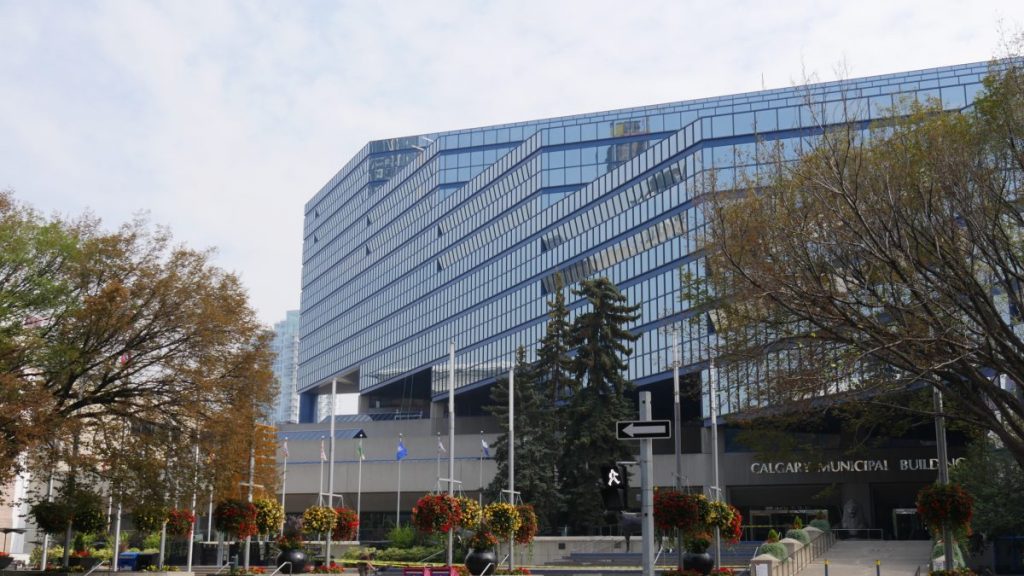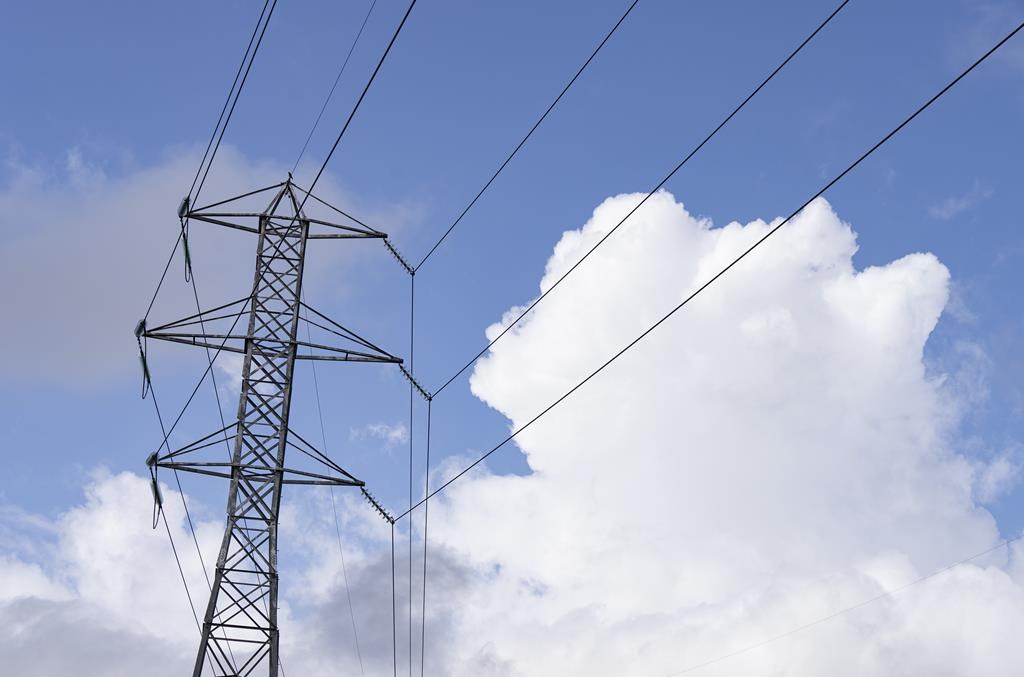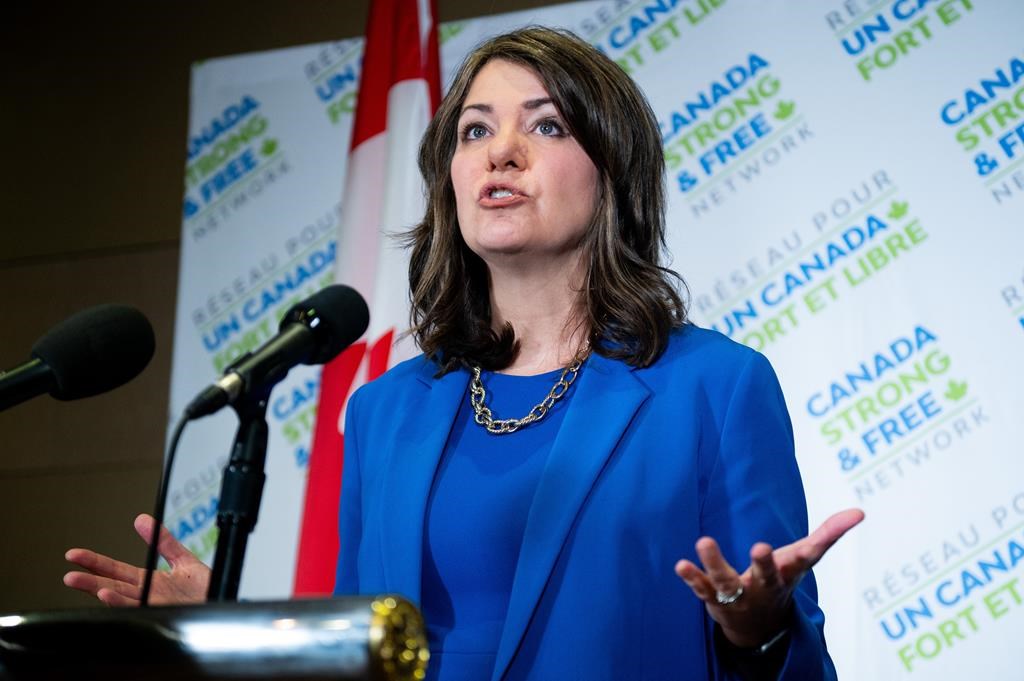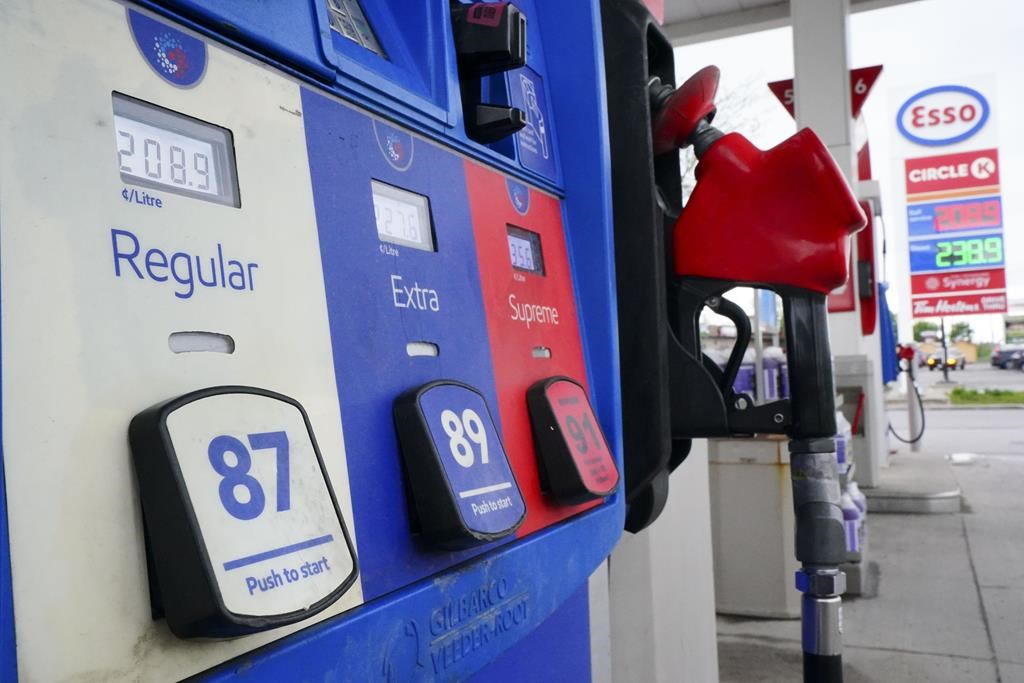AP News in Brief at 12:04 a.m. EDT
Posted Sep 11, 2019 10:05 pm.
Supreme Court allows broad enforcement of asylum limits
WASHINGTON (AP) — The Supreme Court is allowing nationwide enforcement of a new Trump administration rule that prevents most Central American immigrants from seeking asylum in the United States.
The justices’ order late Wednesday temporarily undoes a lower-court ruling that had blocked the new asylum policy in some states along the southern border. The policy is meant to deny asylum to anyone who passes through another country on the way to the U.S. without seeking protection there.
Most people crossing the southern border are Central Americans fleeing violence and poverty. They are largely ineligible under the new rule, as are asylum seekers from Africa, Asia and South America who arrive regularly at the southern border.
The shift reverses decades of U.S. policy. The administration has said that it wants to close the gap between an initial asylum screening that most people pass and a final decision on asylum that most people do not win.
“BIG United States Supreme Court WIN for the Border on Asylum!” President Donald Trump tweeted.
___
Tentative opioids settlement falls short of nationwide deal
HARTFORD, Conn. (AP) — A tentative settlement announced Wednesday over the role Purdue Pharma played in the nation’s opioid addiction crisis falls short of the far-reaching national settlement the OxyContin maker had been seeking for months, with litigation sure to continue against the company and the family that owns it.
The agreement with about half the states and attorneys representing roughly 2,000 local governments would have Purdue file for a structured bankruptcy and pay as much as $12 billion over time, with about $3 billion coming from the Sackler family. That number involves future profits and the value of drugs currently in development.
In addition, the family would have to give up its ownership of the company and contribute another $1.5 billion by selling another of its pharmaceutical companies, Mundipharma.
Several attorneys general said the agreement was a better way to ensure compensation from Purdue and the Sacklers than taking their chances if Purdue files for bankruptcy on its own.
Arizona Attorney General Mark Brnovich said the deal “was the quickest and surest way to get immediate relief for Arizona and for the communities that have been harmed by the opioid crisis and the actions of the Sackler family.”
___
Democratic debate: Top 2020 contenders finally on same stage
HOUSTON (AP) — Despite the miles travelled, the tens of millions of dollars raised and the ceaseless churn of policy papers, the Democratic primary has been remarkably static for months with Joe Biden leading in polls and Elizabeth Warren and Bernie Sanders vying to be the progressive alternative. That stability is under threat on Thursday.
All of the top presidential candidates will share a debate stage, a setting that could make it harder to avoid skirmishes among the early front-runners. The other seven candidates, meanwhile, are under growing pressure to prove they’re still in the race to take on President Donald Trump next November.
The debate in Houston comes at a pivotal point as many voters move past their summer vacations and start to pay closer attention to the campaign. With the audience getting bigger, the ranks of candidates shrinking and first votes approaching in five months, the stakes are rising.
“For a complete junkie or someone in the business, you already have an impression of everyone,” said Howard Dean, who ran for president in 2004 and later chaired the Democratic National Committee. “But now you are going to see increasing scrutiny with other people coming in to take a closer look.”
The debate will air on a broadcast network with a post-labour Day uptick in interest in the race, almost certainly giving the candidates their largest single audience yet. It’s also the first debate of the 2020 cycle that’s confined to one night after several candidates dropped out and others failed to meet new qualification standards.
___
Government plans to ban flavours used in e-cigarettes
WASHINGTON (AP) — The federal government will act to ban thousands of flavours used in e-cigarettes, President Donald Trump said Wednesday, responding to a recent surge in underage vaping that has alarmed parents, politicians and health authorities nationwide.
The surprise White House announcement could remake the multibillion-dollar vaping industry, which has been driven by sales of flavoured nicotine formulas such as “grape slushie” and “strawberry cotton candy.”
The Food and Drug Administration will develop guidelines to remove from the market all e-cigarette flavours except tobacco, Health and Human Services Secretary Alex Azar told reporters during an Oval Office appearance with the president, first lady Melania Trump and the acting FDA commissioner, Ned Sharpless.
Trump, whose son Barron is 13 years old, said vaping has become such a problem that he wants parents to be aware of what’s happening. “We can’t allow people to get sick and we can’t have our youth be so affected,” he said.
Melania Trump recently tweeted her concerns over the combination of children and vaping, and at the meeting, the president said, “I mean, she’s got a son — together — that is a beautiful, young man, and she feels very, very strongly about it.”
___
450 miles of border wall by next year? In Arizona, it starts
YUMA, Ariz. (AP) — On a dirt road past rows of date trees, just feet from a dry section of Colorado River, a small construction crew is putting up a towering border wall that the government hopes will reduce — for good — the flow of immigrants who cross the U.S.-Mexico border illegally.
Cicadas buzz and heavy equipment rumbles and beeps before it lowers 30-foot-tall (9-kilometre-tall) sections of fence into the dirt. “Ahí está!” — “There it is!” — a Spanish-speaking member of the crew says as the men straighten the sections into the ground. Nearby, workers pull dates from palm trees, not far from the cotton fields that cars pass on the drive to the border.
South of Yuma, Arizona, the tall brown bollards rising against a cloudless desert sky will replace much shorter barriers that are meant to keep out cars, but not people.
This 5-mile (8-kilometre) section of fencing is where President Donald Trump’s most salient campaign promise — to build a wall along the entire southern border — is taking shape.
The president and his administration said this week that they plan on building between 450 and 500 miles (724 and 806 kilometres) of fencing along the nearly 2,000-mile (3,218-kilometre) border by the end of 2020, an ambitious undertaking funded by billions of defence dollars that had been earmarked for things like military base schools, target ranges and maintenance facilities.
___
The DIY foreign policy president: Bolton ouster confirms it
WASHINGTON (AP) — Donald Trump has said he doesn’t mind if the U.S. is on its own in the world. Now, it seems he doesn’t mind running American foreign policy on his own as well.
With the ouster of John Bolton as his national security adviser, the president has again pushed away an experienced hand in international affairs and a counter-weight to his DIY approach to Iran, North Korea, China and more.
Trump told reporters Wednesday that Bolton had made “some very big mistakes,” did not get along with others in the administration and was out of step with him on policy. “John wasn’t in line with what we were doing,” the president said.
Bolton is a hardliner with well-known hawkish views, working for a president known more for improvisation than ideology. His departure, as world leaders prepare to converge on New York for the annual United Nations General Assembly this month, produces new uncertainty in international affairs already clouded by Trump’s do-it-yourself instincts.
“The president doesn’t have any fixed views on anything, so that people around him are constantly trying to get into his good graces by playing to his whims, and because his whims are all over the map, their policy positions end up being all over the map,” said Stephen Biddle, a professor of international and public affairs at Columbia University.
___
Report: Justify failed drug test before Triple Crown run
NEW YORK (AP) — The New York Times says Justify won the 2018 Triple Crown after a failed postrace drug test at a California track that could have kept the horse out of the Kentucky Derby.
The newspaper reported Wednesday that Bob Baffert-trained Justify tested positive for the drug scopolamine after winning the Santa Anita Derby, one of the final prep races for the Kentucky Derby. Justify went on to win the Derby and took the Preakness and Belmont stakes to complete the Triple Crown.
The Times said instead of a speedy disqualification, the California Horse Racing Board took more than a month to confirm the results. The newspaper also reported that instead of filing a public complaint, the board made decisions behind closed doors as it moved to drop the case and lighten the penalty for horses found to have scopolamine in their systems.
The newspaper said test results, emails and internal memorandums show how California regulators waited nearly three weeks, until the Kentucky Derby was only nine days away, to notify Baffert of the positive test. Then, two months after the Belmont victory, the board disposed of the inquiry altogether during a closed-door executive session.
“We take seriously the integrity of horse racing in California and are committed to implementing the highest standards of safety and accountability for all horses, jockeys and participants,” the California Horse Racing Board said in a statement.
___
Tornado hits South Dakota hospital: ‘All are safe and sound’
When the warning sounded shortly before midnight that a tornado could be approaching, the clock turned into a stopwatch for staff members working the night shift at a behavioural health centre at a Sioux Falls hospital.
“We had 10 minutes to wake up 102 residents, get them to the centre of the building,” said David Flicek, the president and CEO of Avera McKennan Hospital and University Health Center in South Dakota’s largest city. “And all are safe and sound.”
Although a significant tornado had not struck Sioux Falls for 25 years, the Avera Health System hospitals have kept up regular preparedness training. This work paid off when one of three EF-2 tornadoes pummeled the hospital campus.
The twister with wind speeds of up to 130 mph also roared over the system’s heart hospital after a man was brought in having a heart attack. Doctors and nurses continued operating on the man — and saved his life — as the storm blew on, according to the CEO of Avera Heart Hospital, Nick Gibbs.
“We talk at our hospital about doing drills. I’ve got to tell you our staff was courageous,” said Flicek.
___
T. Boone Pickens, oilman and renewables advocate, dies at 91
OKLAHOMA CITY (AP) — T. Boone Pickens, a brash and quotable oil tycoon who grew even wealthier through corporate takeover attempts, died Wednesday. He was 91.
Pickens was surrounded by friends and family when he died of natural causes under hospice care at his Dallas home, spokesman Jay Rosser said. Pickens suffered a series of strokes in 2017 and was hospitalized that July after what he called a “Texas-sized fall.”
An only child who grew up in a small railroad town in Oklahoma, Pickens followed his father into the oil and gas business. After just three years, he formed his own company and built a reputation as a maverick, unafraid to compete against oil-industry giants.
In the 1980s, Pickens switched from drilling for oil to plumbing for riches on Wall Street. He led bids to take over big oil companies including Gulf, Phillips and Unocal, castigating their executives as looking out only for themselves while ignoring the shareholders.
Even when Pickens and other so-called corporate raiders failed to gain control of their targets, they scored huge payoffs by selling their shares back to the company and dropping their hostile takeover bids.
___
18 years later, America vows to ‘never forget’ 9-11
NEW YORK (AP) — People who were too young on 9-11 to even remember their lost loved ones, and others for whom the grief is still raw, paid tribute with wreath-layings and the solemn roll call of the dead Wednesday as America marked the 18th anniversary of the worst terror attack on U.S. soil.
“Eighteen years. We will not forget. We cannot forget,” Bud Salter, who lost his sister, Catherine, said at ground zero.
President Donald Trump laid a wreath at the Pentagon, telling victims’ relatives: “This is your anniversary of personal and permanent loss.”
“It’s the day that has replayed in your memory a thousand times over. The last kiss. The last phone call. The last time hearing those precious words, ‘I love you,'” the president said.
Later, former President George W. Bush, who was in office on 9-11, and then-Defence Secretary Donald Rumsfeld attended another wreath-laying at the Pentagon.
The Associated Press










